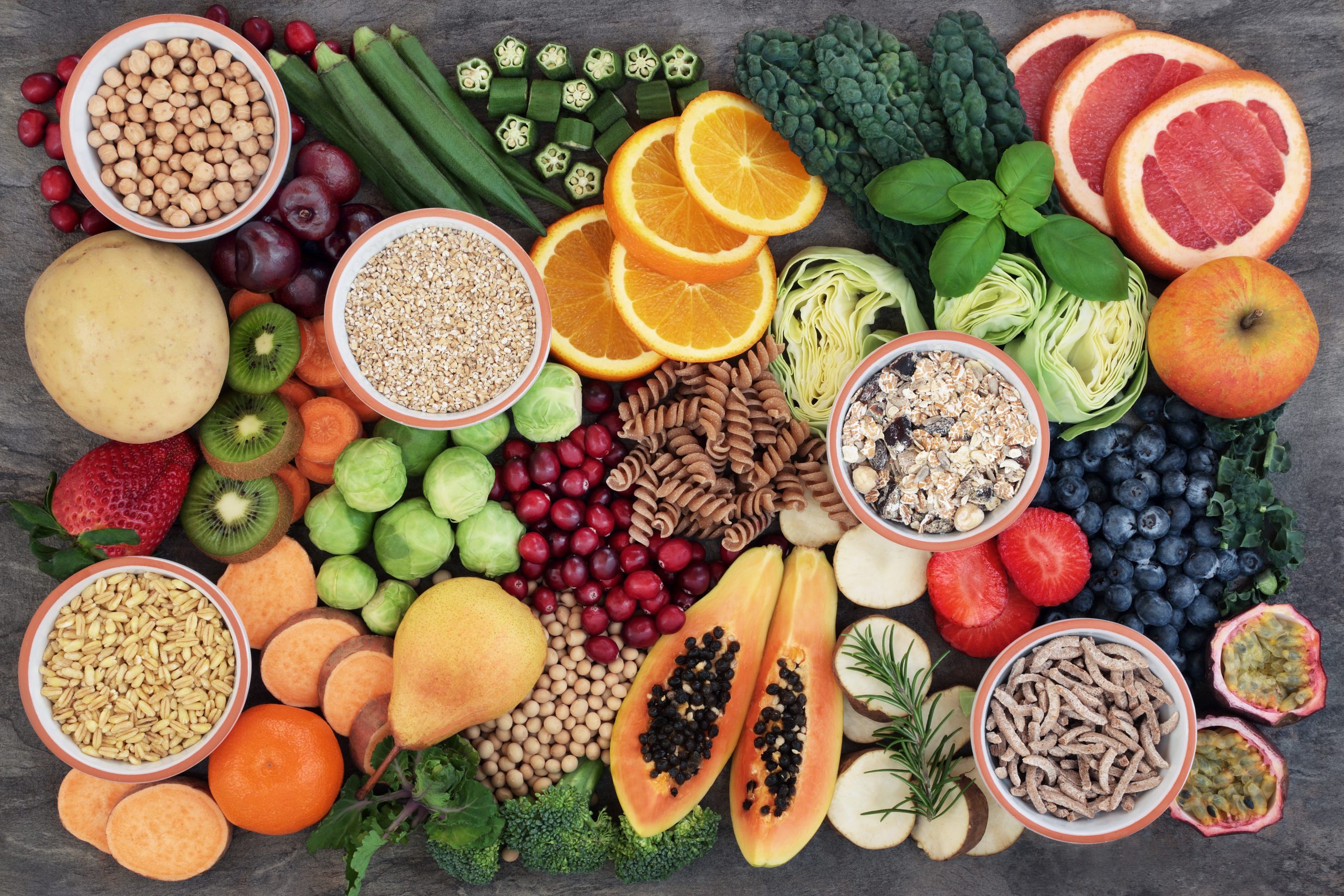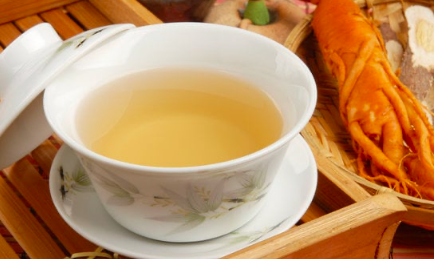It’s hard to believe that we are already entering into Autumn for the year and that another Summer is gone. However, it’s also the point of the year where you might start to feel a little run down and tired and be contemplating when it’s time for your next holiday. You could be thinking, it’s been a busy start to the year, no wonder I’m feeling tired… While this might be contributing, the season change itself has a big part to do with this. Not sure what this means? Stay tuned as we discuss Summer to Autumn health and what that means.
Who knew?
When people think about seasonal changes and how it can impact on health and wellness, they most commonly relate to the Winter flus and Spring allergies. But did you know that the transition from Summer to Autumn comes with a whole bunch of health impacts too?
Let’s talk about symptoms..
If you’re constantly feeling tired, run down, anxious or a bit flat, rather than thinking it’s a consequence of your lifestyle, it could actually be linked to the weather change. Research shows that the transition from Summer to Autumn comes with a plethora of changes that affect our body (Winthorst et al., 2020). As the days become shorter and the temperature lowers, our UV exposure usually lowers around this time too. This directly affects mood by increasing the feelings of anxiety and melancholy. It throws the circadian rhythm into a spiral as the body becomes confused thinking it needs more sleep to recover, resulting in higher feelings of fatigue and tiredness. Hormonally speaking this reduces our serotonin levels and over increases melatonin directly affecting mood, appetite, sleep and energy levels. The lack of vitamin D and calcium from UV exposure can directly impact our immune health too by suppressing the immune system (Begdache et al. 2021).
How we can support our health through this season
Routine, routine and more routine is the key answer here. Basically the good habits and daily routines that can be created will do wonders on improving your health and wellness.
Creating a good sleep routine will help to improve your circadian rhythm, improving the quality of your sleep and helping you to feel more energised and less tired (National Institute of General Medical Sciences, 2022). Some ways you can improve your sleep routine is by sticking to a regular bedtime, reducing screen time and creating relaxing habits before you go to sleep.
Regularly exercising is great for staying fit and healthy year round. Taking the time to move your body for even just 30 minutes a day can help to improve feel good hormones such as serotonin and endorphins which help to improve energy, happiness and keep the immune system strong (Warburton et al., 2006).
Eating a healthy and balanced diet full of nutrient dense foods is a great way to keep your immune system strong, improve energy levels, support sleep and keep you feeling happy and relaxed. Making sure you have ample fruit, vegetables, protein, good fats, grains, seeds and nuts is nourishing your body with the nutrients that it needs to thrive (Cena & Calder, 2020). Research shows that creating a regular eating routine, helps to improve stress resistance, sleep patterns, gut health and hormone regulation (Paoli et al., 2019). Taking daily superfoods and supplements like ginseng is a great way to boost your nutrients too!
While too much UV exposure can be dangerous, having regular UV exposure is vital for our vitamin D levels, calcium, supporting our mood by keeping our serotonin levels up, and supporting a healthy sleep pattern and immune system. It is recommended to have minimally 5 minutes up to 60 minutes of UV exposure daily depending on your skin type. This also encourages time outside in nature and fresh air, which provides these same health benefits and more (Juzeniene & Moan, 2012).
Creating a routine of activities, practises and experiences that keep you feeling fulfilled and happy is vital for keeping your body at its best during the season change. Most commonly people do more activities and spend time with loved ones during the summer season which contributes to being at our happiest, however as life gets busier at this time of the year, this priority can take a back seat. A great way to stay on top of this is to plan at least one thing a week of seeing someone you want to catch up with, or doing an activity you love. Also finding time for the little things that you enjoy day to day makes a big difference, such as reading a novel before bed or going for that morning coffee catch up!
Embrace the season!
Autumn doesn’t have to be your down month, use it as the first quarter of the year check in to see how well you are looking after your health and wellbeing! There is always room for improvement when it comes to our health and happiness so why not use this information as a reminder to prioritise YOU!
References
Cena, H., & Calder, P. C. (2020). Defining a Healthy Diet: Evidence for The Role of Contemporary Dietary Patterns in Health and Disease. Nutrients, 12(2), 334. https://doi.org/10.3390/nu12020334
Juzeniene, A., & Moan, J. (2012). Beneficial effects of UV radiation other than via vitamin D production. Dermato-endocrinology, 4(2), 109–117. https://doi.org/10.4161/derm.20013
National Institute of General Medical Sciences, (2022). Circadian Rhythms, Accessed on 01/03/23, <https://nigms.nih.gov/education/fact-sheets/Pages/circadian-rhythms.aspx>
Warburton, D. E., Nicol, C. W., & Bredin, S. S. (2006). Health benefits of physical activity: the evidence. CMAJ : Canadian Medical Association journal = journal de l’Association medicale canadienne, 174(6), 801–809. https://doi.org/10.1503/cmaj.051351
Paoli, A., Tinsley, G., Bianco, A., & Moro, T. (2019). The Influence of Meal Frequency and Timing on Health in Humans: The Role of Fasting. Nutrients, 11(4), 719. https://doi.org/10.3390/nu11040719
Winthorst, W. H., Bos, E. H., Roest, A. M., & de Jonge, P. (2020). Seasonality of mood and affect in a large general population sample. PloS one, 15(9), e0239033. https://doi.org/10.1371/journal.pone.0239033
Begdache, L. Chen, M. McKenna, C. Witt, D. (2021). Dynamic associations between daily alternate healthy eating index, exercise, sleep, seasonal change and mental distress among young and mature men and women. Journal of affective disorders reports. Vol. 5, July 2021. https://doi.org/10.1016/j.jadr.2021.100157




